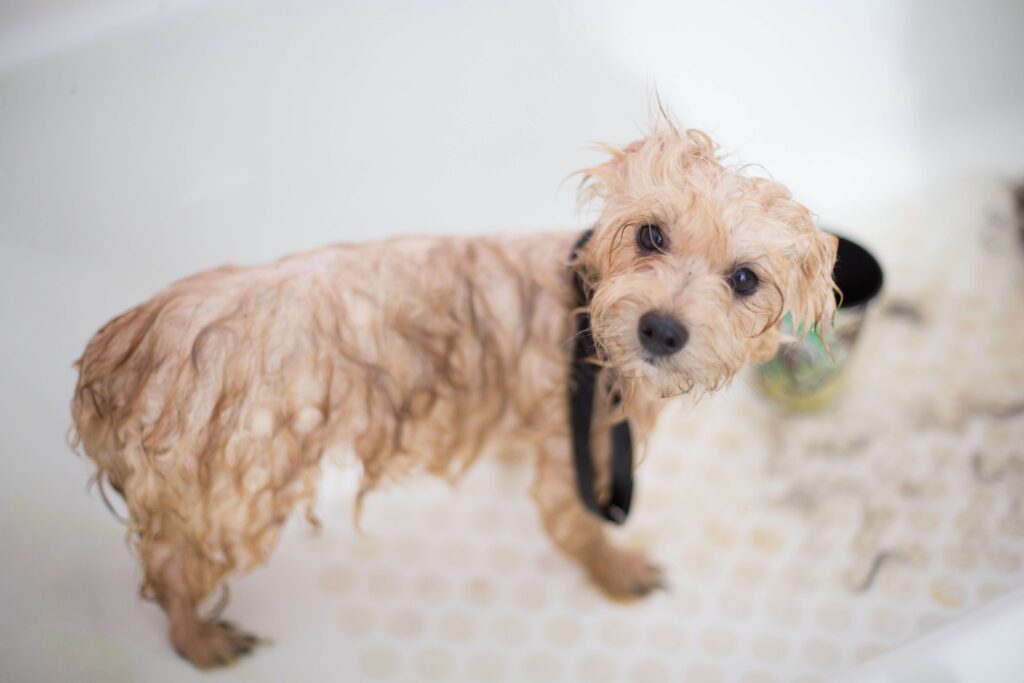
In ensuring your pet’s health and safety, even the most responsible owner can overlook some of the following concerns. With these preventive healthcare guidelines for dogs, many problems can be avoided.
You can maintain your pets’ health and life by following up on the preventive healthcare routine. This process keeps you updated with current information regarding diseases and pet nutrition, to ensure proper care for your animal in order that it will not be affected negatively later on. Preventive Healthcare Guidelines for Dogs and Cats helps you to safely understand your dog or cat’s diet, helping them live longer tortures with a healthier mind. Guaranteeing proper nutrition is essential in providing the best possible care.
Preventive Healthcare Guidelines for Dogs
Secure locations for pets
Most owners heed the warning to never leave a pet in the car, but may fail to be aware of other places as that can become extremely hot. Some garages, sheds, greenhouses, or planter areas are much too hot for pets in the summer months. Be particularly aware of areas a pet may accidentally become trapped. Secure these locations so that pets can not enter as over heating can be a serious problem.
Garages often hold an assortment of tools, vehicles, and fluids presenting a variety of potential pet hazards. Beware of fluids, such as oil, paint, and especially antifreeze that are left out. They can be harmful or toxic to pets. Antifreeze is extremely dangerous as a small quantity can be fatal, and pets can be attracted to it because of its appealing taste. It is safest to keep cats out of garage as some will actually hide in the undercarriage of a car or other unsafe spot. Remember that if a cat is frightened, whether from loud noises or unexpected guests, he may be prone to hiding in unusual and dangerous places.
Wet Dog

Another common situation is a wet dog. A wet dog in the summer may have skin, as well as odor and grooming issues; particularly pets with thick coats. Toweling your dog off after a swim and removing a wet collar helps reduce potential problems. If your pet gets wet in the winter, make sure he gets inside a warm and dry environment quickly. A wet pet can get chilled easily in the winter.
Local hazards
Finally, be aware of local hazards. Depending where one lives there may be other dangers. Snake bites, are of particular concern in the south. Insects are bothersome in many locations. While protection against fleas, ticks, and mosquitoes has become fairly universal, spiders, gnats, flies and other bugs can also be serious pests. Wild animals, even in the suburbs, may be a threat to your pet too. In some cases neighbors may present a hazard. While most neighbors are friendly, try to be aware if a neighbor is anti-pet. Sometimes children do not treat pets properly, but unfortunately some adults won’t treat a neighbor’s pet appropriately either.
Fortunately, awareness combined with keeping a pet contained often helps this type of situation. These are some of the issues that are typically not thought about until a problem arises. However, with a little extra attention owner and pet can be spared unnecessary problems.
Prevention is better than cure, right? And that holds true when it comes to keeping your dog healthy Keeping your dog healthy is easy-ish. But keeping them from getting sick is a whole other story. . By following some key preventive healthcare guidelines for dogs, you can help keep them free from common sicknesses and enjoy long, happy lives.
Do you have any tips on how to best take care of your furry friend?
Let us know in the comments below!






